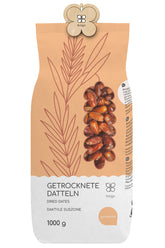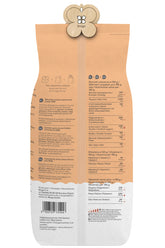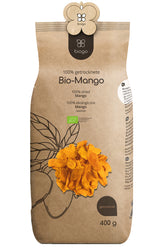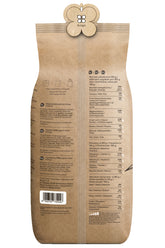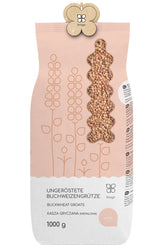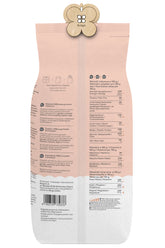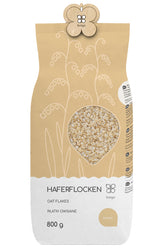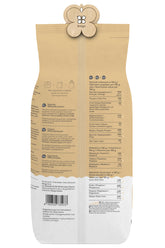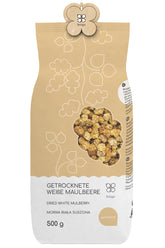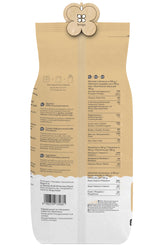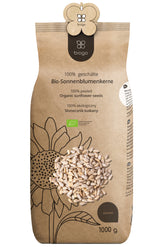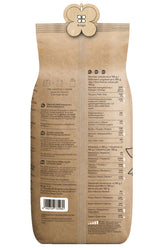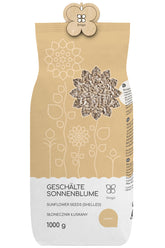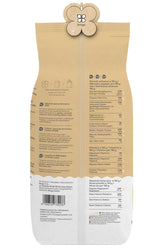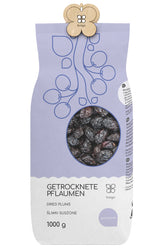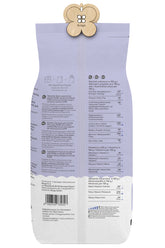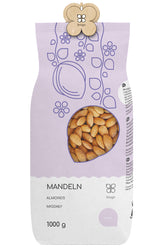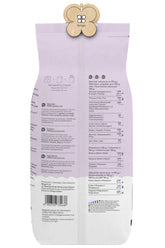Millet is an ancient grain that has regained popularity in recent years. Rightfully so, because these small grain fruits are true powerhouses when it comes to nutrients. In this blog post, you will learn why millet is a valuable ingredient for a balanced and healthy diet.
Nutritional Value of Millet
Millet is rich in important nutrients such as fiber, proteins, vitamins, and minerals. Let's look at the nutritional values in detail:
Fiber
Millet is an excellent source of soluble and insoluble fiber. Per 100 grams, the grains contain about 8 grams of fiber. Fiber is important for digestion, as it regulates bowel movements and promotes satiety.
Proteins
With about 12 grams of protein per 100 grams, millet is a protein-rich grain. The proteins in millet are also high-quality and contain all essential amino acids that the body cannot produce itself.
Vitamins and Minerals
Millet is a good source of various vitamins and minerals. These include:
- Vitamin B1 (Thiamine)
- Vitamin B6
- Folic acid
- Iron
- Magnesium
- Phosphorus
- Zinc
These nutrients are important for many bodily functions, from energy metabolism to blood formation.
Antioxidants
Millet also contains secondary plant compounds such as polyphenols, which act as antioxidants. They can trap free radicals and thus protect against oxidative stress.
Why Millet Should Not Be Missing from Your Diet
The diverse nutrients in millet make it a valuable component of a balanced diet. Here are some reasons why you should eat millet regularly:
Gluten-Free and Digestible
Millet is a gluten-free grain and therefore a good alternative for people with celiac disease or gluten intolerance. Moreover, millet is easily digestible and well tolerated by most people.
Energy Supplier
The carbohydrates in millet are broken down slowly by the body, which ensures a long-lasting energy supply. Millet is therefore excellent as a base for dishes that should keep you full for a long time.
Cholesterol Lowering
Studies show that regular consumption of millet can lower cholesterol levels. This is due to the soluble fibers, which positively influence cholesterol balance.
Support for the Intestines
The fiber in millet promotes digestion and ensures a healthy intestinal flora. This can prevent constipation, diarrhea, and other digestive tract complaints.
Positive Effect on Blood Sugar Levels
The low glycemic index of millet means that blood sugar levels rise only slowly after consumption. This is particularly beneficial for people with diabetes or insulin resistance.
Delicious Recipes with Millet
To fully benefit from the advantages of millet, you should incorporate it regularly into your diet. Here are a few delicious recipe ideas:
Millet Pudding with Fruits
Cook millet with milk or plant milk into a creamy pudding and refine it with fresh berries, nuts, or cinnamon.
Millet Salad with Vegetables
Cook millet and let it cool. Then mix it with cucumber, tomatoes, feta, and a vinaigrette.
Millet Porridge with Egg and Avocado
Serve millet porridge with a soft-boiled egg and avocado pieces. This is filling and provides many healthy nutrients.
Millet-Vegetable Skillet
Sauté millet together with vegetables such as zucchini, bell peppers, and onions in a skillet. Season with herbs and spices.
Try these and other delicious recipes to integrate millet into your daily life. Your health will thank you!

